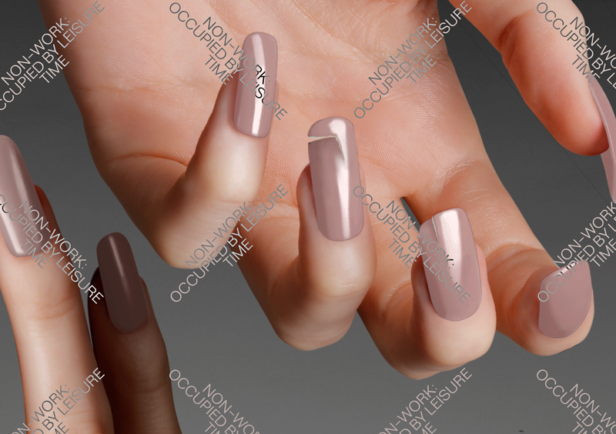The theme of the next festival edition is the boundary between work and free time. In 2018, the Fotograf Festival, titled as “Non-Work: Occupied by Leisure Time”, will present exhibitions, discussions and accompanying programmes using the medium of photography to deal with social issues related to work and free time. Like every year, the festival will focus on the specifics of photography and reproducible images as such, presenting the work of both foreign and local authors.
Numerous changes in the workforce, workload and workflow necessarily cause the changes in the concept of “work”. The relationship between the time regimes we still traditionally refer to as “work” and “free time” is changing over time as well. Automation seems to be the reality of the near future, raising the question of unconditional income that will certainly not only meet the social utopian ideas, but also bring new problems, often conditioned by personal responsibility – or the renunciation and loss of responsibility. The assumption of more leisure time is often confused with the mere image representation of leisure activities. Instead of enjoying our free time, we are overwhelmed by photographs capturing the free time of others on social media. Thus, free time is disrupted by the need to represent and integrate leisure into our imaginary portfolios.
The hyphen between “non” and “work” is the key symbol of the eighth edition of the Fotograf Festival. The festival will explore the extreme positions between what we usually call work and what we no longer see as work. Moreover, the hyphen refers to the still poorly reflected space between “free time” and paid employment, including many other issues, for example undervalued work by women and minorities, replacement of labour by artificial intelligence, freelancing, or issues related to the world of art such as appropriation, machine-created images, and zero wages of artists.
